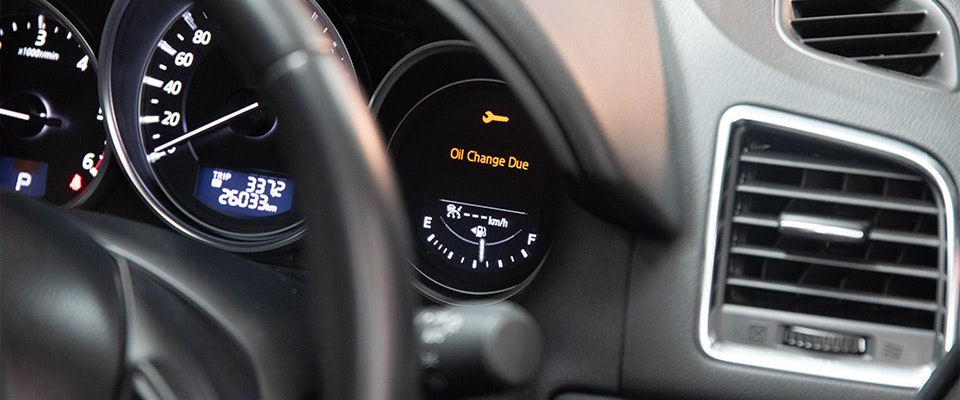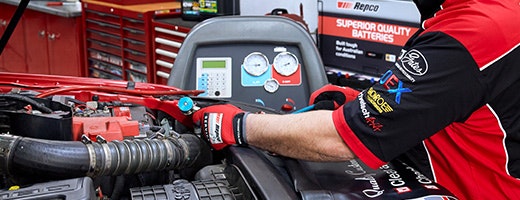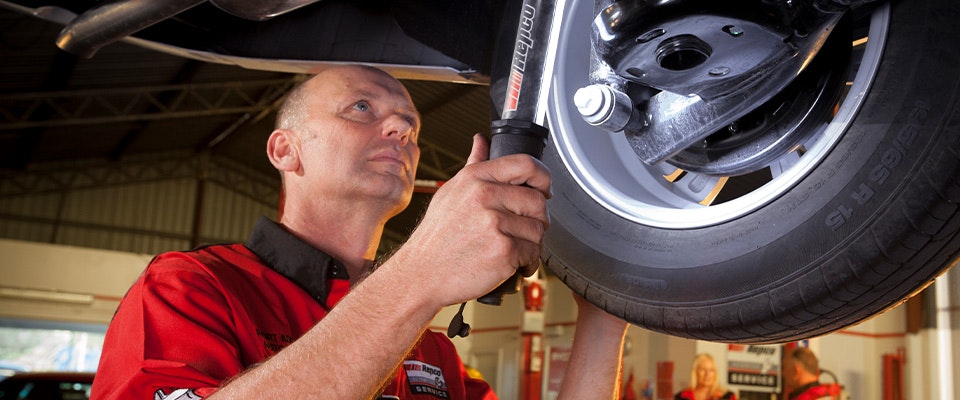
Reviews & recognition
Find out what our satisfied customers and industry peers have to say about our service...
Read morePrepare your car for summer with Cranbourne Auto Electrical and Mechanical (AU25115), your go-to experts for all your car air conditioning needs.

Our team is qualified to perform regas, servicing, repair, and inspection services in Cranbourne and its surrounding areas.
As cars become more complex, it is important to maintain all components, including the air conditioning system, for reliable and efficient operation. Without regular maintenance, leakage and evaporation can cause the system to deteriorate, resulting in higher fuel consumption.
To prevent costly breakdowns and ensure passenger safety, it is essential to have the rubber seals checked regularly for leaks or decay. Annual servicing of your car's air conditioning system reduces fuel usage and helps to prevent the buildup of harmful substances.
Having your car's air conditioning serviced once a year means you generally protect against costly breakdowns now and in the future, keep passengers safe by helping to prevent the build-up of potentially harmful substances and a well serviced car air conditioner system actually saves you money because it reduces fuel usage.
With Arctick Authorisation (AU25115), Cranbourne Auto Electrical and Mechanical prioritises responsible conduct in automotive air conditioning regas, servicing, repair, and inspection.

Don't wait until it's too late – book your car air conditioning service today and be prepared for the summer heat.

How do air conditioners work?
A car air conditioner system is composed of four essential parts :
Car air conditioning is designed to pull the heat from the air within the car's interior area and transfer it outside, leaving only cooled or 'conditioned' air to be redistributed. Hot air is passed across a gas-filled evaporator, where the heat is easily absorbed by the refrigerant (in gas form), effectively removing the heat from the air in the car.
The now heated gas is pulled through the compressor where it is further heated (via compression). The next stage involves the refrigerant being forced through the condenser to extract the refrigerant's heat quickly. The refrigerant, now condensed to a liquid, then moves through the expansion device (either a TXV or Orifice tube), which regulates the refrigerant's flow to the evaporator, changing the high-pressure liquid to a low-pressure mist (gas). A fan blowing over the evaporator's cold fins produces the cold air being blown into the car, and the entire process then begins all over again.
Does the car air conditioner use more fuel?
Yes! Your car air conditioning is using fuel. However, it's actually more fuel efficient to run car air conditioning than it is to have your windows down due to aerodynamic drag. If your air conditioning isn't performing its best, it may use more fuel to run. To avoid this, it's important that you have your air conditioning serviced regularly by professionals, like the ones at Cranbourne Auto Electrical and Mechanical.
What's the cause of the bad smell in car air conditioning?
The damp environment can promote microbes, bacteria and even fungus growth inside the evaporator core. This can lead to nasty smells and possibly even be bad for the health of any vehicle occupants. Although modern evaporator units tend to be more efficient, they have more fins, meaning an increased capability to trap moisture and allow for micro-organism development.
How do I know my car air conditioning is due for a service?
If you cannot remember when your air conditioning was last serviced, perhaps it's time to book in with the team at Cranbourne Auto Electrical and Mechanical. You should also book in if:
Why does the car air conditioner need to be serviced?
Car air conditioning is designed to pull the heat from the air within the interior area of the car outside, leaving only cooled or 'conditioned' air to be redistributed. This is achieved using a special compound called refrigerant, capable of readily absorbing heat as a gas and quickly losing heat as a liquid.
The compressor needs the right amount of oil in the refrigerant to prevent it from seizing up. Should the air filters be jammed with dirt and bacteria, it will affect the entire system's performance, and it can even cause it to stop working altogether. On top of inhibiting air conditioner efficiency, dirty air filters can cause health problems.
Being exposed to the elements and very diverse operating conditions and being used intermittently rather than being 'Always On' can cause decay of the hoses, connections and seals. A vehicle air conditioning system should be examined regularly to ensure there are no problems or refrigerant loss due to failure or leakage from these points.
Simply by cooling the air in your car under normal running conditions, the air filters get dirty and intermittent use can cause seals to dry and crack, allowing them to leak. Even without leaks, the gas in a car air conditioning system will eventually begin to degrade or evaporate over time. It should be recharged as required to keep the air con system in peak running condition.
How often should a car air conditioner be serviced?
Your automotive air conditioning system needs to be examined once a year for any signs of problems with the seals, hoses and connections and confirm there is no refrigerant reduction over time. Regularly servicing your automotive air conditioner system keeps refrigerant at optimum levels meaning the system does not need to work as hard. This, in turn, protects the system from damage and minimises fuel expenditure.
Can I service my own car air conditioner?
Only qualified mechanics with the appropriate training, like the ones at Cranbourne Auto Electrical and Mechanical, should attempt to service a car air conditioner. Specific licences are required to service or repair some types of car air conditioning systems, especially where re-gas (recharging of the refrigerant) is concerned. Strict guidelines and procedures must be adhered to when handling certain refrigerants, which must always be fully recovered and not allowed to escape into the atmosphere during servicing.
Refrigerant can also pose serious health risks if mishandled. Specialist equipment is also required as the air conditioning system is under extreme pressure and must be pulled into a deep vacuum to remove any moisture, to avoid seriously damaging the system. You can find out more about licensing on the Australian Refrigeration Council (ARC) Website.

Find out what our satisfied customers and industry peers have to say about our service...
Read more
As your local Mechanic in Cranbourne, Cranbourne Auto Electrical take great pride in offering our clients the very best in car servicing and automotive repairs.
Read more
It covers quality Repco parts and labour and is honoured at any Repco Authorised Service centre in Australia*.
Read more